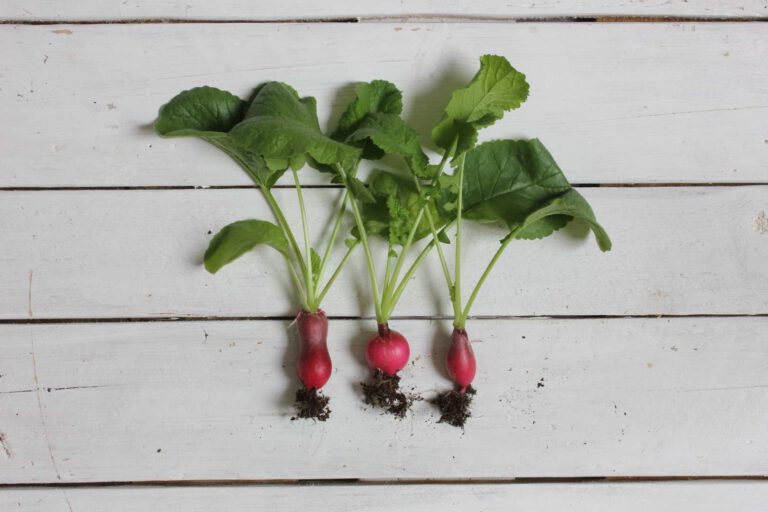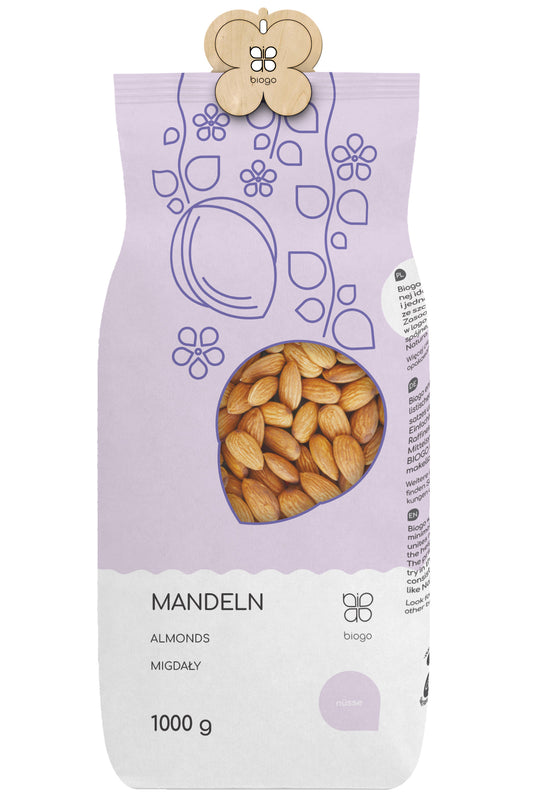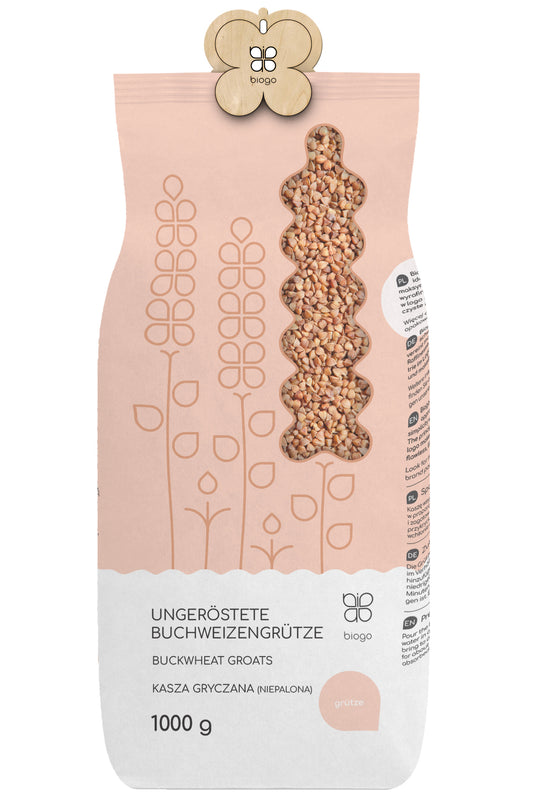Edible leaves of popular vegetables. Which leaves should we not throw away?
Contents:
Since childhood, we all know that vegetables are essential in our diet and that we should eat them every day to be healthy and resistant to disease. They provide vitamins and microelements necessary for proper functioning, while being low in calories and simply delicious. We eat young carrots , kohlrabi, cabbage, and cauliflower with relish, and decorate our sandwiches with radishes. Before these delicacies appear on our plates, we first clean them of their leaves, but as it turns out—completely unnecessary. All these leaves, parsley, and stems are edible, healthy, and delicious.
Zero waste in the kitchen and more
After decades of excessive consumption, it's time to reflect - there is more and more talk about the impact of humans on the environment, the carbon footprint that each of us leaves every day, climate change and the harmful effects of factory farming and agriculture. One of the solutions to these problems is a zero-waste lifestyle which, to put it very simply, includes, among other things, a very conscious use and respect for the objects we already have, proper waste separation, caring for the environment and conscious clothing purchases, a balanced diet and no food waste, all to reduce their carbon footprint and the impact of individuals on environmental destruction. This trend includes conscious eating and saving - by using in the kitchen everything that we previously considered waste, we contribute to saving, not wasting food and changing eating habits.
Which popular vegetable leaves can we eat?
One of the first steps in meal prep is cleaning the vegetables when parsley, stems, and leaves end up in the basket. Let's take a look to see if everything we think is inedible is actually that, and examine which of these vegetable "waste" items are actually healthy, tasty, and nutritious:
- Broccoli leaves – contain exceptionally large amounts of vitamin K (only 30 g is enough to cover 90% of the daily requirement of vitamin K ), which is needed to build the body’s immunity, as well as vitamin
- Cauliflower leaves – they are a valuable source of fiber that regulates intestinal function, as well as vitamin A, potassium, calcium and folic acid .
- Kohlrabi leaves – they contain a lot of iron, chlorophyll, which improves intestinal function and has anti-inflammatory properties, as well as more vitamin C than kohlrabi itself,
- Radish leaves – contain iron, magnesium , potassium and calcium and also have more vitamin C than lemon,
- Carrot leaves – a source of vitamins C and K, as well as magnesium, calcium, and potassium. They can be used to make an infusion that can be used as a mouthwash and to freshen breath.
As it turns out, parsley and its leaves can be added to salads in the same way we use lamb's lettuce or arugula. They can also be blended into pesto like other leaves, such as spinach, fennel, or bok choy with garlic, or blanched in butter and added to pasta, for example. They can also be used in healthy and filling cocktails and even soups.
THE PUBLISHER'S CHOICE
Dried dates 1 kg BIOGO
- £4.00
£5.00- £4.00
- Unit price
- / per
Almonds 1 kg BIOGO
- £11.00
£13.00- £11.00
- Unit price
- / per
Peeled sunflower seeds 1 kg BIOGO
- £3.00
£4.00- £3.00
- Unit price
- / per
Dried organic mango 400 g BIOGO
- £10.00
- £10.00
- Unit price
- / per
Dried White Mulberries 500 g ORGANIC
- £6.00
£7.00- £6.00
- Unit price
- / per
Popcorn (corn kernels) organic 1 kg BIOGO
- £6.00
- £6.00
- Unit price
- / per
Organic Ground Turmeric 500 g BIOGO
- £6.00
- £6.00
- Unit price
- / per
Milk thistle seeds 1 kg BIOGO
- £4.00
- £4.00
- Unit price
- / per
Organic cashew nuts 1 kg BIOGO
- £18.00
- £18.00
- Unit price
- / per
Unpeeled buckwheat groats 1 kg BIOGO
- £3.00
£3.00- £3.00
- Unit price
- / per







































































































































